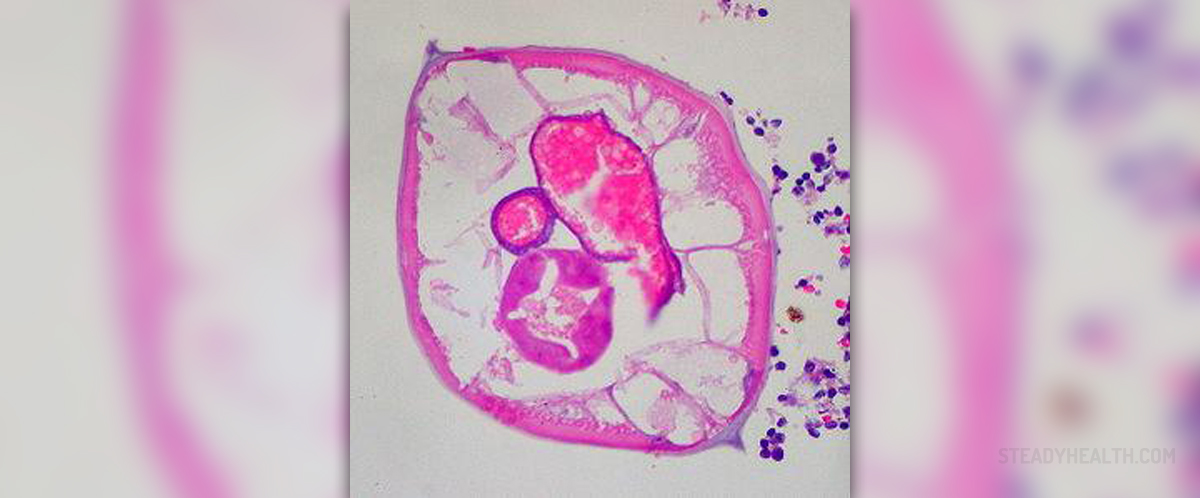
Pinworms are nematodes and common human intestinal parasites. Most commonly, children are affected by worms, but this health condition is also present among the adults. Pinworm infection is known as enterobiasis. This is the most common parasitic worm infection in the United States and in Western Europe. Only in the United States it affects 11.4% people of all ages. The disease has the highest rates of occurrence in India, England, Thailand, Sweden and Denmark. It is equally distributed among the genders, and the children are more likely to be infected only because their immune system is a bit weaker than in adults, and because they tend to put their fingers in the mouth for finger sucking or nail biting.
Transmission of pinworms
Pinworms are transmitted from one person to another. Humans become infected by ingestion of infectious pinworm eggs. These eggs may survive for up to three weeks in warm environments. The whole lifecycle of a pinworm takes place in the human gastrointestinal tract. When the eggs are ingested they hatch in the duodenum, at the entrance of the small intestine. The larvae may grow rapidly and move to colon where they moult twice before becoming adults. The pinworms mate in the small intestine and male pinworms usually die after mating. Gravid female pinworms settle in the beginning of the large intestine, appendix and ascending colon, attaching to the lining of the abdominal walls. Gravid pinworms migrate towards the rectum where they deposit eggs on the nearby skin. After they lay eggs they usually die. The eggs are transmitted from the anus to fingernails, hands, night-clothing and bed linen, and from there to other surfaces, food and drinks.
Prevention of pinworms
There is no certain way to prevent the pinworm infection, but one can drastically decrease the chances of getting infected by following some simple advices. The most important step in preventing the pinworm infection is to practice good hygiene. People should always wash their hands before preparing meals and before eating. Children should also be taught to keep a good personal hygiene and avoid biting the fingernails or putting their hands in the mouth. Another good advice is to avoid scratching the anal region. Fingernails should also be short and clean, without any dirt below the surface. The clothes, bedding and pajamas should be clean and washed with hot water and soap. It is also very important to change the underwear daily, to wash it in hot water and dry it properly. Play area for children should be kept clean and vacuumed.


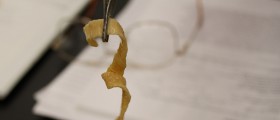
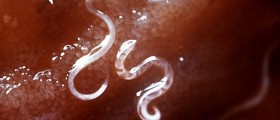

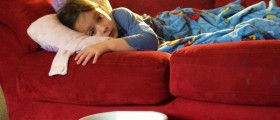
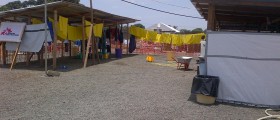



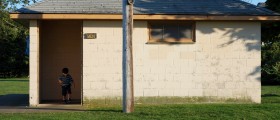
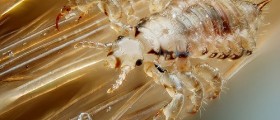
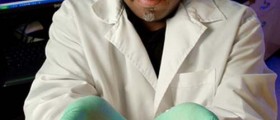

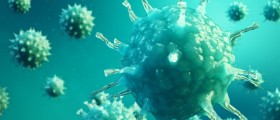


Your thoughts on this
Loading...